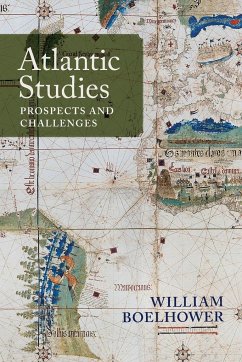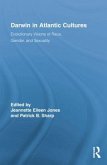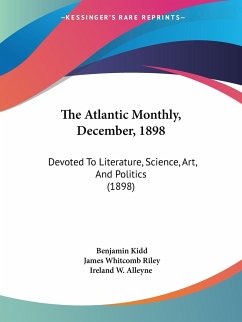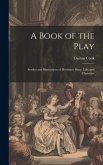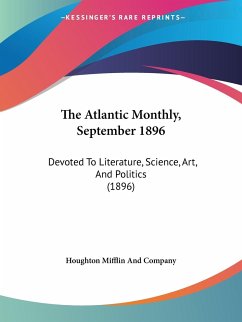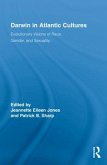In a work of critical reflection and innovation, William Boelhower examines the cultural shift represented by the new paradigm of Atlantic studies, a discipline forged from older models of Atlantic history, with their grounding in imperial traditions, and newer critical fronts that draw on insights from postcolonial and cultural studies occurring throughout the humanities. Atlantic Studies: Prospects and Challenges presents a critical survey of the field that also proposes new horizons for inquiry and critique. The first section, "Prospects and Genealogy," analyzes the interdisciplinary methodologies that emerged to approach the Atlantic world in a larger, circumatlantic context, studying the exchanges of peoples and cultures instead of rigidly defined national and international boundaries. "Case Studies across the Humanities," the second section, offers new cross-disciplinary readings of three well-known literary texts--Shakespeare's The Tempest, Nathaniel Hawthorne's The Scarlet Letter, and Frederick Douglass's "The Heroic Slave"--as exemplars of how an Atlantic studies perspective acknowledges spatial and cultural dimensions that disrupt the traditional scales of national literatures. By foregrounding the challenges of interpreting nomadic and disenfranchised characters like Caliban, Hester Prynne, and Madison Washington, Boelhower models critical practices that embrace a multicentered, composite world marked by sudden shifts in perspective and scale. The final section, "The Cartographic Challenge," considers the new expertise that went into the mapping of the Atlantic Ocean and the rise of the Atlantic world as it emerged in the early modern period, focusing on three world maps produced by Europeans in the early sixteenth century, conceivably the most influential visual representations of the dawning Mundus Novus described by the likes of Columbus and Vespucci. Revealing how such maps inform discursive genres like travel literature, the utopia, and the shipwreck narrative, Boelhower argues for the importance of analyzing cartographic practices and strategies to understand how they shaped the visual and textual representations of the Atlantic world. Written by one of the founders of the discipline, Atlantic Studies: Prospects and Challenges provides both an insightful overview of the field and an engaging reflection on the challenges it faces going forward.
Hinweis: Dieser Artikel kann nur an eine deutsche Lieferadresse ausgeliefert werden.
Hinweis: Dieser Artikel kann nur an eine deutsche Lieferadresse ausgeliefert werden.

